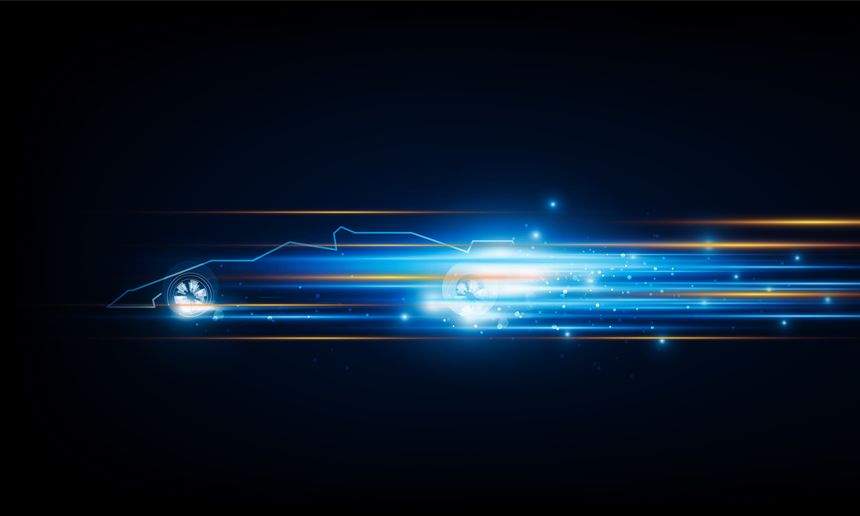In the world of solar-powered electric cars, nothing is more demanding or gruelling than a race: it’s a perfect way to stress test any technology. The iLumen European Solar Challenge (iESC) is one such event. Started in 2010 with only four cars, the event is held bi-annually and has blossomed into the largest race in Europe, with over 20 teams likely to compete in September 2026. Based at the former F1 track of Circuit Kolder in Belgium, teams compete over 24 hours, so not only do the solar cars face typical Belgian weather (rain, clouds and little sunshine), they have to drive throughout the night. Teams can make a maximum of three stops to recharge their batteries, making it a very strategic race: how fast can they drive during the night without depleting their battery?
One team planning to tackle this monumental task is CUER (Cambridge University Eco Racing), who are an engineering society within Cambridge University Engineering Department. Founded in 2007, they have since worked on seven solar cars, and competed in the prestigious (and gruelling!) World Solar Challenge — a demanding 3,000km race from Darwin to Adelaide, Australia — against 40 elite teams from around the world.
Partnering with CUER for this monumental task is ETA Green Power Ltd, who are a solutions provider of efficient electric drive systems. ETA have patented high power density drive systems, which are designed to be significantly lighter and more compact than anything on the market. ETA will be involved in the development of "Evolution," a show car requiring a fully integrated powertrain system for testing and performance, as well as supporting the development of the SC7, the new race car set to compete in the 2026 iESC.
It looks like this collaboration between a racing team with a pedigree in electric racing, and a company with a patented high power density drive system and a wealth of knowledge in the field of power systems, will be pushing the boundaries of what is possible with green innovation.


/Passle/6130aaa9400fb30e400b709a/SearchServiceImages/2026-02-20-11-36-52-281-699847546e72c93143eac060.jpg)
/Passle/6130aaa9400fb30e400b709a/SearchServiceImages/2026-02-20-12-16-52-510-699850b43c0e09083e8a91e9.jpg)
/Passle/6130aaa9400fb30e400b709a/SearchServiceImages/2026-02-17-11-02-00-908-69944aa841083f2011e0faad.jpg)